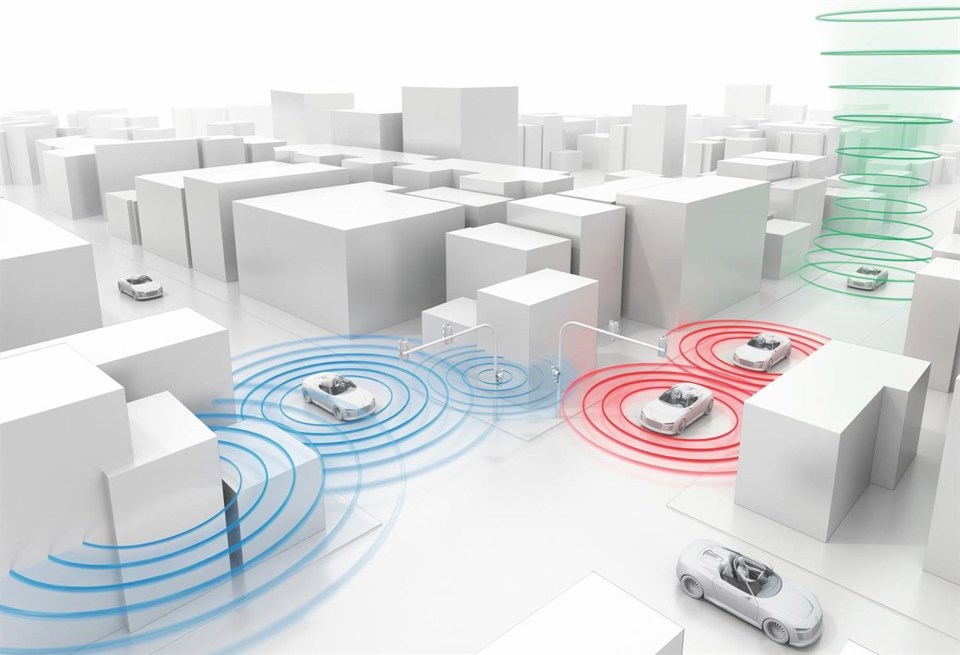Connected car data can be used to sell more cars, parts and accessories while increasing retention and communication with customers.
In a 12-page whitepaper entitled ‘How Artificial Intelligence is transforming automotive industry monetisation models’, data expert Bright Box outlines the key opportunities for dealers to maximise the potential of new data streams from cars.
It is predicted that 152 million connected cars will be on the road, worldwide, by 2020.
When it comes to processing the data, Bright Box says the most efficient approach is to use machine learning algorithms, or Artificial Intelligence (AI). These algorithms help form behavioural patterns that can be used to offer customers exactly what they need when they need it.
Robert Schuessler, connected car vice president at Bright Box, said: “The purpose of this report is to examine how the very latest trends in IT — AI, machine learning, and big data analytics — can help in the search for the right monetisation models in a changing car market.”
AI can tell when it is a good time for a driver to replace their car by understanding if their lifestyle has evolved. This enables the dealer to offer a new car pre-customised to meet the customer’s needs.
The report states: “By using AI we can analyse and predict drivers’ consumer behaviour and understand their future needs and what kind of car or accessory they’re going to need tomorrow if their lifestyle changes. For example, if a driver has a baby, we need to offer them a somewhat larger car.”
The driver behaviour patterns obtained from connected car data enables dealerships to offer services that uniquely meet a customer’s specific needs long after the vehicle has been purchased.
Bright Box says in the report: "a car equipped with connected services isn’t just a product, but a continuous channel of communication between the dealership and the customer."
The system works by combining the data a dealership holds on a customer, such as frequency of visit and repair/servicing requirements, with data from the car.
More than 100 data points can be considered, including speed, time spent driving and how often the rear doors or boot are opened.
Bright Box claims it can then determine the likelihood of a response to an offer from a dealer based on every driver’s indicators. If this probability reaches a certain value required to trigger a marketing or service campaign, a push notification is sent to the user’s email or smartphone.
The automotive industry is collecting more and more data about its customers from a number of sources, but marketing decisions are still based almost exclusively on online data.
According to the report: “The automobile development cycle is long enough for AI, big data analysis, and machine learning to enrich the product-planning process. Data collection and analysis provides clear direction about the nature of customers and their needs as consumers. These solutions can be monetised through the sale of services, accessories, and vehicles.”
AM will host a GDPR conference covering the major aspects of the new EU legislation at the Hilton Doubletree, Milton Keynes, on 22nd February 2018.
The speakers include data experts from the Direct Marketing Association and cyber security experts.
For more information about the event – or to confirm your attendance by booking a place – visit https://amgdprconference.am-online.com/















Login to comment
Comments
No comments have been made yet.